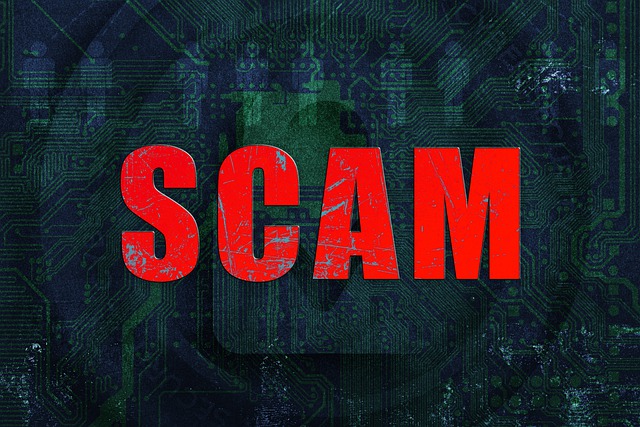Crypto enthusiasts recently fell victim to a deceptive maneuver on Blockchain Capital's social media platform. On August 9, the account inexplicably launched a promotion for a supposed "BCAP" token giveaway. These posts directed followers to a counterfeit site cleverly designed to replicate the legitimate website of the venture capital firm. The only discernible distinction was an artfully added extra "n" in the site's web address.
Visitors to the suspicious site were urged to link their cryptocurrency wallets, a favored ploy employed by online fraudsters to dupe users into approving perilous transactions, often leading to the loss of their funds.
To compound their cunning approach, the scammers disabled comments on these posts. This tactic seemingly aimed to prevent potential whistleblowers from alerting others to the ruse. Nonetheless, a number of vigilant individuals took it upon themselves to spread awareness about this suspected scam via their own accounts.
This incident involving Blockchain Capital's account is not an isolated occurrence. Mere days before, the FBI had issued a warning to the public about cybercriminals targeting social media profiles of prominent figures within the crypto community. Their intent is to redirect their followers to malicious, counterfeit websites.
Recently, even the account of pro-XRP attorney Jeremy Hogan was compromised. For approximately four days, it was exploited to disseminate harmful links related to a purported XRP giveaway.
Shining a light on the vulnerabilities of the digital era, Changpeng Zhao, CEO of Binance, issued a cautionary alert to his substantial social media following in late July. This response followed the breach of Uniswap founder Hayden Adams' account. Stressing the significance of security, Zhao vehemently discouraged reliance on two-factor authentication via text messages. Instead, he advocated for the adoption of more secure hardware authentication devices.
























Comment 0